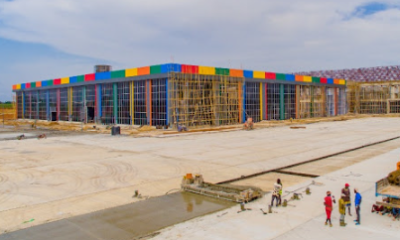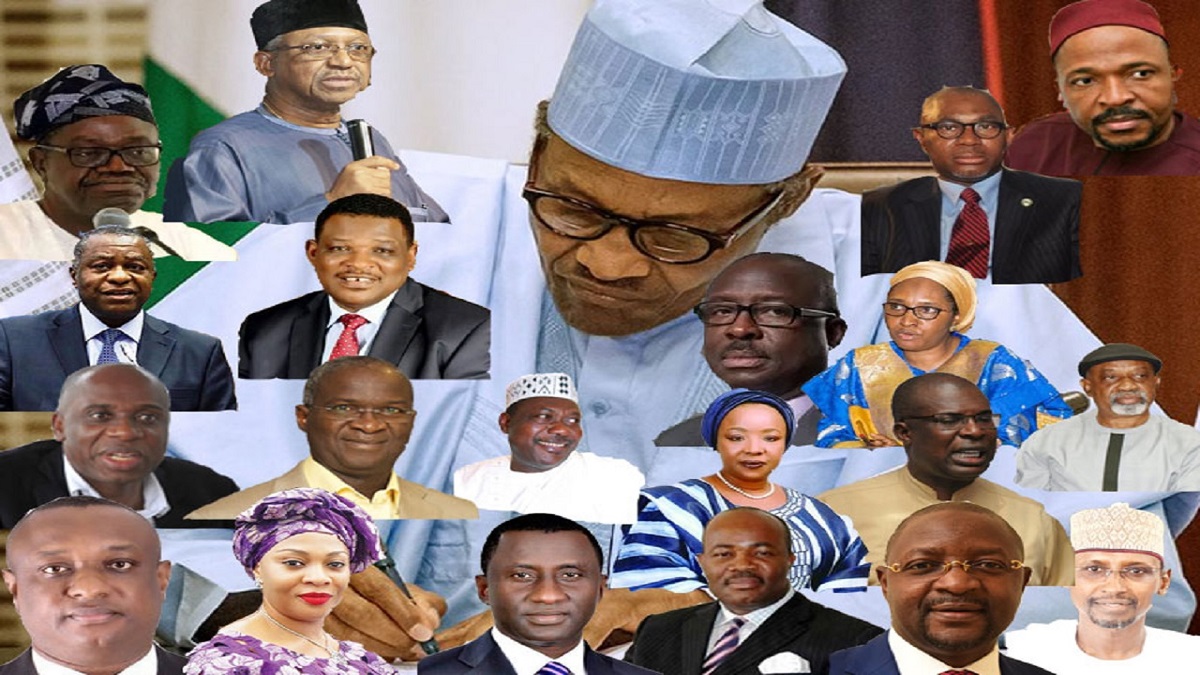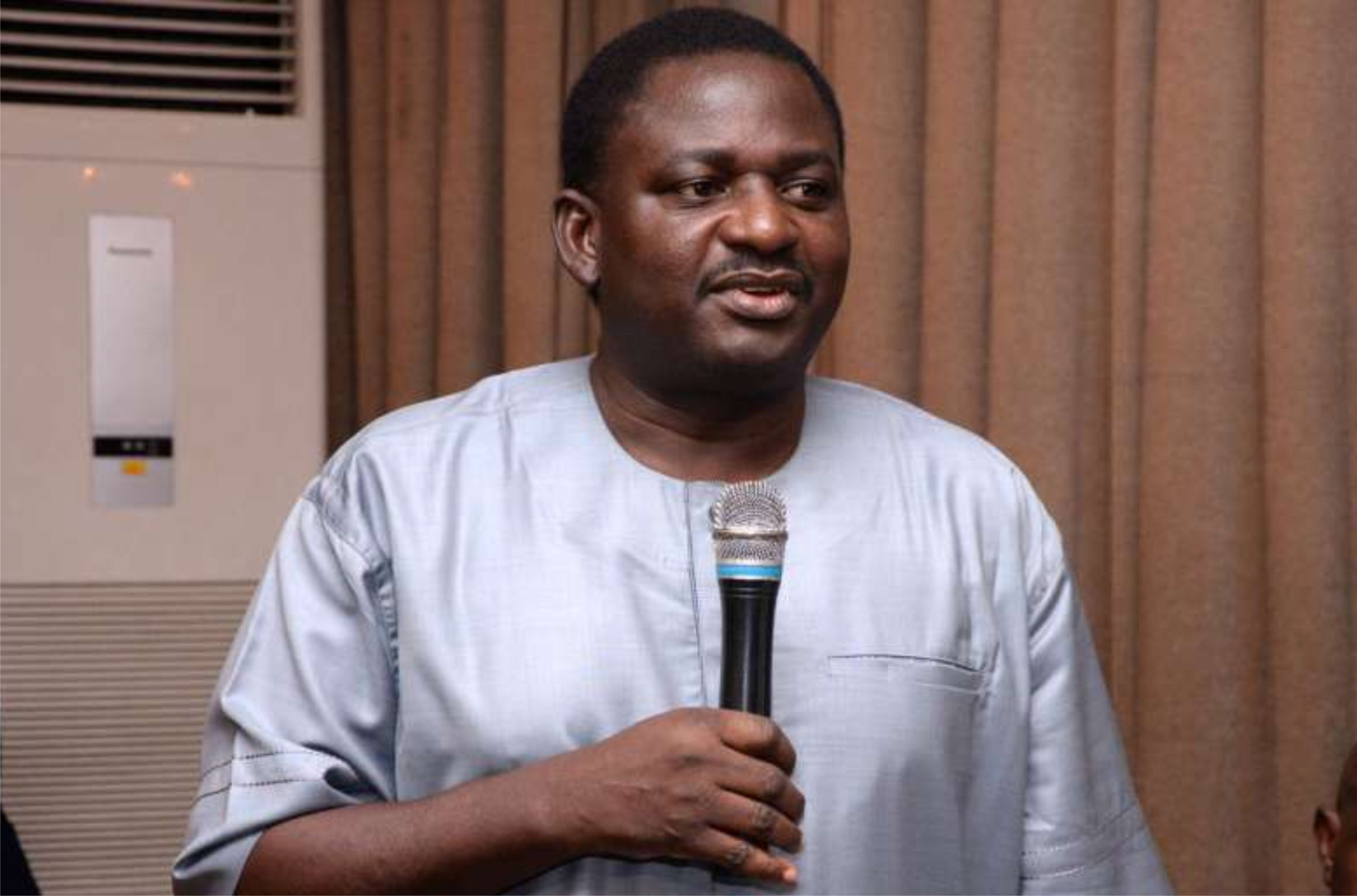In his briefing with President Muhammadu Buhari on Monday, President Donald Trump basically laid out what his demands for Nigeria were as he seeks mutual beneficial partnerships.
Nigeria’s President Buhari is on a working visit to the United States of America where he met with his counterpart President Donald Trump.
The US President believes Nigeria “owes” the US a reciprocal right to remove some of the trade barriers inhibiting US exports into Nigeria. Even though he alluded to reciprocity in his remarks, the US wants more balanced free trade between Nigeria and the United States with barriers brought down.
Nigeria currently has banned 41 items from import into the country, a major trade barrier frowned against by most countries. Trump said they hope to be the “economic partner of choice” for the African country including Nigeria and this means bringing down trade barriers.
Trump also made it clear once again that should Nigeria require foreign investments from the United States, then ease of doing business must improve. It is incredibly difficult doing business in the country considering the numerous taxes and levies paid by companies looking to start a business in the country.
The United States is currently one of Nigeria’s top export destination even though data from the National Bureau of Statistics puts oil as the major export commodity to the country.
Data from the NBS reveals Nigeria has a Trade surplus of abut N1 trillion over the United States. Trade exports was N1. 73 trillion compared to imports of N760 billion. Over 90% of the exports are crude oil exports.
Demanding for taking down “trade barrier” is good for both countries provided it is in line with the principle of “reciprocity” like Trump stated.
However, it is poignant to note that Nigeria recently withheld consent for the signing Continental Free Trade Agreement with the rest of Africa in Rwanda, due to fears that our local economy might be negatively impacted.
The government is big on local production and less import and has focused the last three years of the administration on growing Nigeria’s local agriculture production. Policy analysts believe this is basically what the president went to sell to the US. The Nigerian President demanded for lesser rice imports into Nigeria considering the billions sunk in improving local rice production.
However, the US will have major superior advantage over Nigeria if a free trade agreement is pursued considering their apparent superiority when it comes to technology and manufacturing.
The Nigerian market is a major trade destination for US consumer products and they will like to make inroads considering how dominant Asian products are in the country. Americans also have cars, solar powered and renewable products, phones and accessories, consultancy businesses they would want to export incrementally into the country

 Health5 days ago
Health5 days ago
 Entertainment7 days ago
Entertainment7 days ago
 Crime6 days ago
Crime6 days ago
 Education1 week ago
Education1 week ago
 Health1 week ago
Health1 week ago
 Comments and Issues6 days ago
Comments and Issues6 days ago
 Football7 days ago
Football7 days ago
 Latest6 days ago
Latest6 days ago









